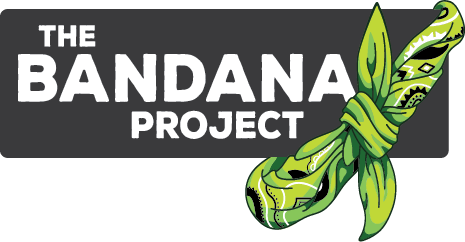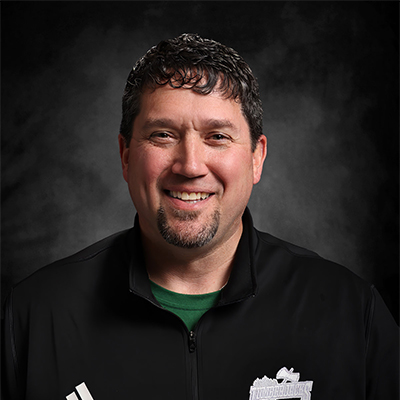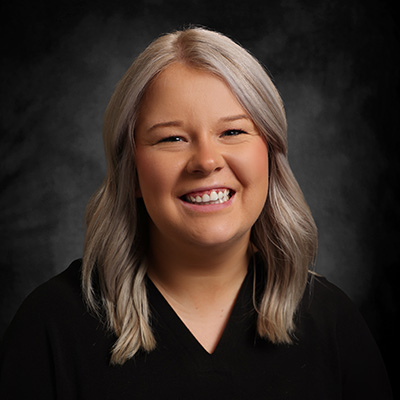Mission Statement
To assist and enable students in personal and career development so that each student has the opportunity to reach their ultimate potential.
How do I make an appointment?
Students may contact any counselor regardless of the institution they attend. In case of emergency, call 911, or for the Suicide and Crisis Lifeline, call 988. Fill out and submit the form below prior to your appointment.
Some typical difficulties that students may bring to counseling
- Excessive anxiety for no apparent reason
- Withdrawal or lack of interest in daily activities
- Sudden shifts in mood and/or behavior
- An unusual amount of irritability or suspicious behavior towards another person
- Thinking about suicide
- Eating or sleeping differently
- Drinking too much or using/abusing drugs
- Physical, sexual, or emotional abuse by others
- Prolonged feelings of despair, unhappiness, or hopelessness
Relaxtion Room
DCB has a Relaxation Room for students to have a hands-on space for practicing self-care. The Relaxation Room supports mental fitness, just like a cardio room supports physical fitness. This space has stations designed to help students find ways to relax. In addition, it provides items that can soothe and calm: neck/shoulder massager, weighted blanket, light therapy lamp, and more. It's a cozy space to take some time for yourself and unplug for those needed moments of self-care.
Frequently Asked Questions
Why would I use a Relaxtion Room?
Depends on the person! Escape from the usual pace of campus life. Take some time to simply breathe. Use it as a cozy nook to curl up and read a book. Utilize the relaxation stations to help guide some quality self-care. Get a shoulder massage. Try out light therapy. Etc ...
What type of Relaxtion Stations are there?
- Breathing station
- Stretching station
- Creative station
- Writing station
- Guided meditation station
What else is in the room?
- Bluetooth speaker/CD combo
- Weighted blanket
- Neck/shoulder massager
- Light therapy lamp
- Books
- Mini-fridge
- Relaxing photography by the Leslie Ostreim
When is the Relaxtion Room available?
When the room is available, the door is unlocked and there is a green sign on the door signaling it is not in use. If the sign is red, that means it is in use and you should come back another time. Please limit your use to one hour at a time to be sure others are able to get in for some relaxation, too.
THE GREEN BANDANA PROJECT


The Green Bandana Project is a program driven by student volunteers dedicated to preventing suicide through promoting help-seeking behavior and increasing awareness of vital mental health resources. After a short orientation and basic suicide prevention training, student participants can proudly attach or display a green bandana on their backpack, bag, or person, signifying they have pledged to be a caring ally that can be approached for mental health and suicide prevention information and resources.
To learn more about the Green Bandana Project, head to DCB's Green Bandana resource page and explore the Green Bandana Project website: https://www.thebandanaproj.org/org/dakota-college-at-bottineau
Are you interested in training and then carrying a green bandana to support your peers in mental health? Email Corey Gorder to get on the list for DCB's next Green Bandana Training.
Campus Counseling Staff

Corey Gorder, LPCC
Licensed Professional
Clinical Counselor
701-228-5451
corey.gorder@dakotacollege.edu
Counseling Confidentiality
Counseling sessions are kept in strict confidence within legal and ethical limits. No information about a student can be released outside of the counseling team without the student's permission. Permission is given by signing a Release of Information. Exceptions to confidentiality include:
- The counselor determines you are at risk to harm yourself or someone else
- There is a medical emergency.
- There is suspected or actual abuse/neglect of a child, an elderly, or disabled person
- Records are subpoenaed in the court of law.
Forms

